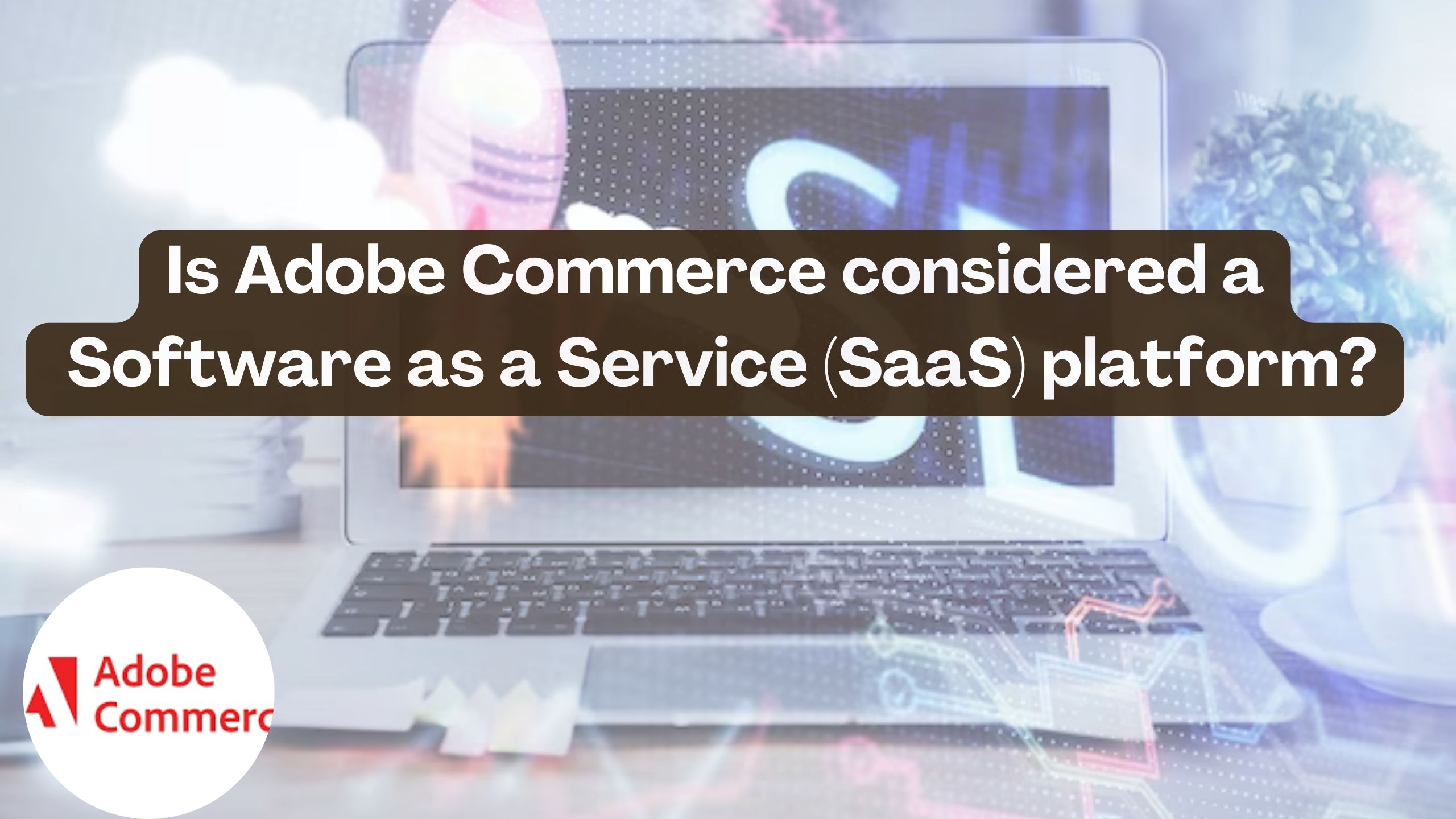Is Adobe Commerce considered a Software as a Service (SaaS) platform?


Is Adobe Commerce Considered a Software as a Service (SaaS) Platform?
In the dynamic landscape of e-commerce, Adobe Commerce has emerged as a prominent player, providing a robust platform for businesses to establish and manage their online presence. The question that often arises in the minds of businesses and enthusiasts alike is whether Adobe Commerce qualifies as a Software as a Service (SaaS) platform. In this article, we explore the intricacies of Adobe Commerce and its classification within the SaaS realm. Additionally, we’ll delve into relevant SaaS products that complement and extend the capabilities of Adobe Commerce.
Unraveling Adobe Commerce’s SaaS Identity
Adobe Commerce, formerly known as Magento Commerce, boasts powerful features for creating and managing online stores. To determine its SaaS classification, it’s essential to understand the defining characteristics of SaaS. SaaS platforms typically offer software applications over the internet, eliminating the need for users to install, maintain, or manage the underlying infrastructure.
Adobe Commerce aligns with this definition by providing a cloud-based e-commerce solution, allowing businesses to leverage its features without the burden of handling infrastructure complexities. The platform offers scalability, flexibility, and accessibility—all hallmarks of a SaaS solution.
Relevant SaaS Products in the E-commerce Stack
- Shopify: A leading e-commerce platform that simplifies online store creation and management, offering a SaaS model to businesses of all sizes.
- BigCommerce: Another powerful SaaS-based e-commerce platform, BigCommerce provides a comprehensive solution for businesses to build and grow their online presence.
- WooCommerce: A WordPress plugin that transforms websites into fully functional e-commerce stores, combining the flexibility of WordPress with SaaS-like features.
- Wix eCommerce: Wix offers an integrated e-commerce solution with a SaaS approach, enabling users to create and manage online stores seamlessly.
- Adobe Commerce: The focus of our exploration, Adobe Commerce, provides a cloud-based e-commerce platform for businesses aiming to establish a robust online presence.
Conclusion
In conclusion, Adobe Commerce indeed fits the criteria of a Software as a Service (SaaS) platform. Its cloud-based architecture, coupled with the ability to deliver an extensive suite of e-commerce features over the internet, positions it as a key player in the SaaS e-commerce landscape. Businesses seeking a scalable and flexible solution can leverage Adobe Commerce to streamline their online operations.
For freelancers, agencies, and teams navigating the complexities of e-commerce SaaS tools, Subscribed.FYI stands as an invaluable resource. Our platform simplifies decision-making, enhances productivity, and empowers users to understand, compare, and manage their SaaS stack effectively.
Explore Subscribed.FYI Deals for exclusive offers relevant to e-commerce and Adobe Commerce. Discover how these deals align with the insights provided in this article, offering additional value to your e-commerce journey. Your secret deals are just a click away!








